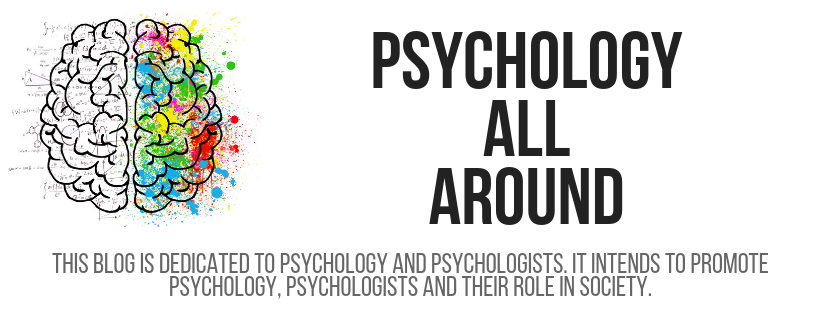 |
| Telmo Mourinho Baptista, EFPA President |
Tomorrow begins the European Congress of Psychology in Moscow, at the same time as Telmo Mourinho Baptista ends his first four-year term as president of the EFPA Executive Council.
What do you think will be the main challenge to psychologists in the near future?
I think the main challenge for psychologist in the near future is to follow the developments that artificial intelligence (AI) is introducing in all kinds of services, including psychology. We are at an important point where we still have the time to participate in the debates that occur around the development of AI and the consequences for the citizens. There are many issues that need to be discussed, like ethical choices, privacy and psychological consequences of a world that is dominated by Ai, instead of a world that has AI at the service of humankind. This is not farfetched, this future is already here, and we don’t seem to notice it in all the different applications that surround us, like personal assistants (ex: Siri, Alexa) or intelligent homes. I think the participation of psychologists is crucial at the different stages of development, and Europeans have started an important exemple of concern for the development of responsible AI. We must participate in this discussion
Can you talk a little bit about some of the big issues that you have been advocating being president of the European Federation of Psychologists Association (EFPA)?
I have been advocating in general for a more psychologically informed process of decision. It is strange that with our solid knowledge about human behaviour we do not have a strong voice in policy making. There are already good examples, like the behavioural units that some governments created, but there is ample possibility for the different policies to benefit from psychological knowledge.
I also have been advocating for the development of the Europsy, in order to have more Europeans as Europsy holders. Europsy is a great achievement, and we need to develop it, and discuss further developments, like specialities, and the competencies that are involved at the different levels. Working with the Universities is a priority, so that they can prepare their students to become Europsy holders.
Another aspect that I have been advocating is for the diversification of services to deal with mental health problems. We need to consider other forms of delivery of services, not just the one on one encounter. Group, organization and community interventions should be more applied. We need also to consider the impact of the digital world as a way of helping to deliver services. This implies new roles for psychologists, and collaboration with other professions in a more ample way.
What’s the role of psychology for peace worldwide and what do you think that must be improved for that purpose?
Psychology can be of great help in peace processes. Improving communication between opposing parts, understanding the needs of the people involved, negotiating and mediating conflicts, following up on the achievements to allow for permanent change, are the type of activities that psychologists are experts. There is strong science that supports psychological interventions in peace processes, We can assist in the reparation processes, to bring true peace to the hearts of people, allowing them to have a better life.I have seen testimonies of these processes and I wonder why psychologists are not used more in the peace processes. I guess the general public, and even decision makers, don’t know enough go our training and how we can be of help.
